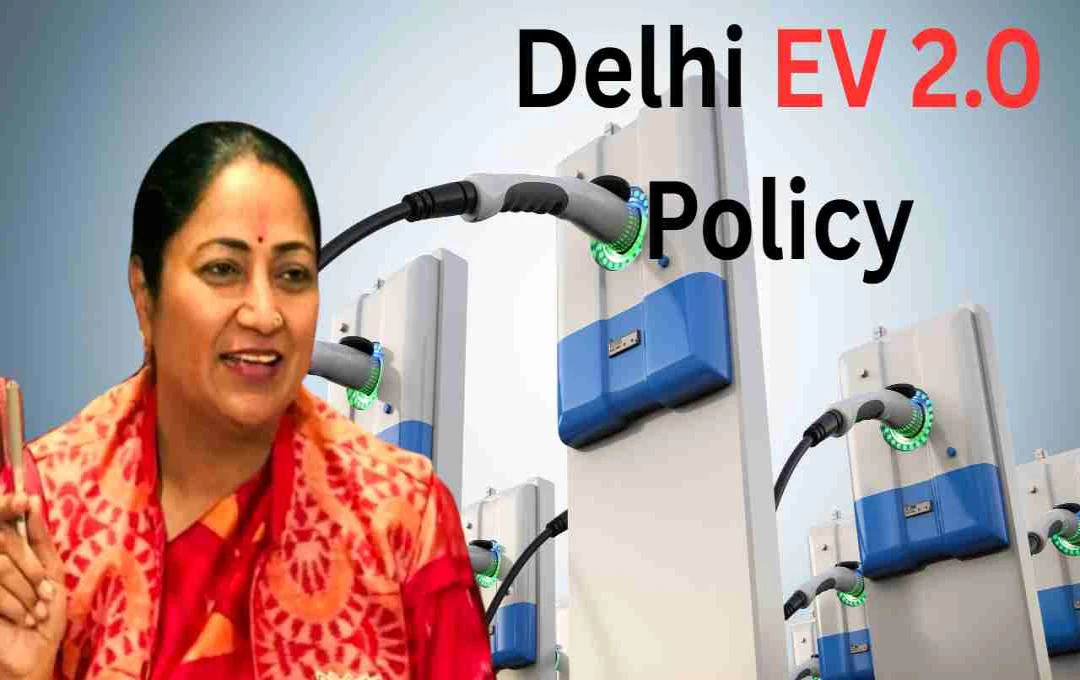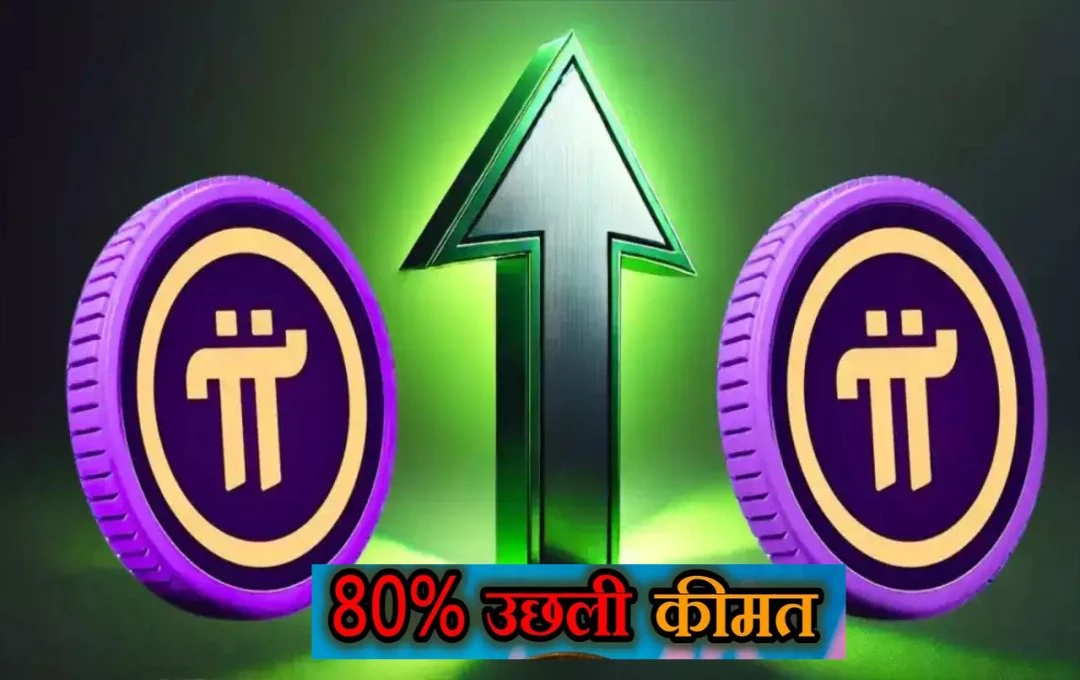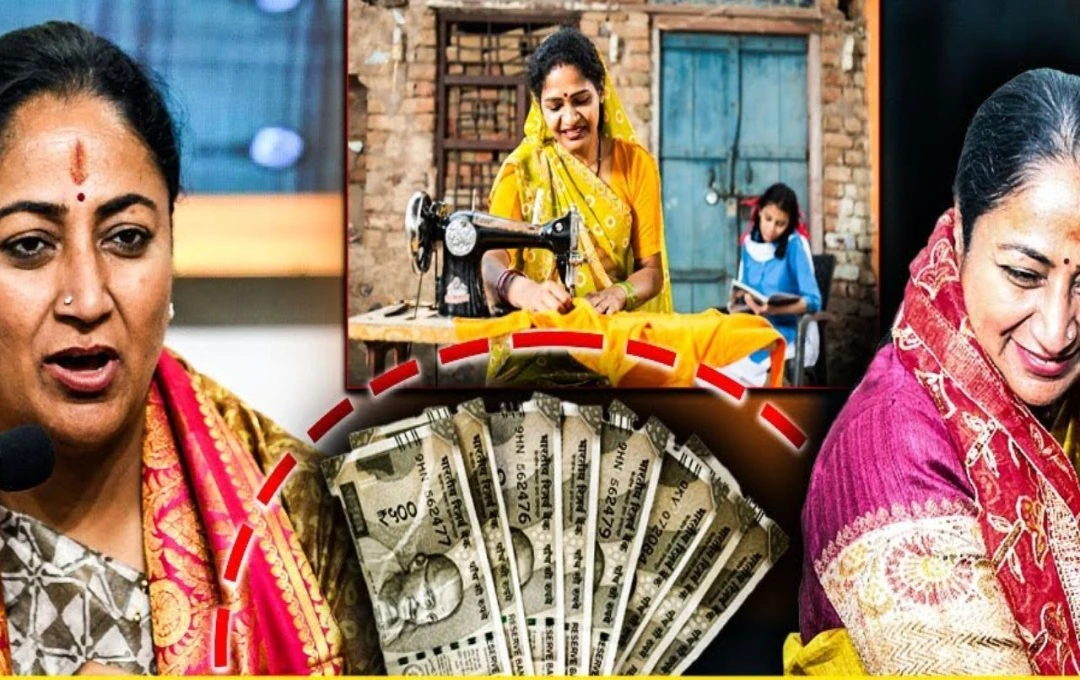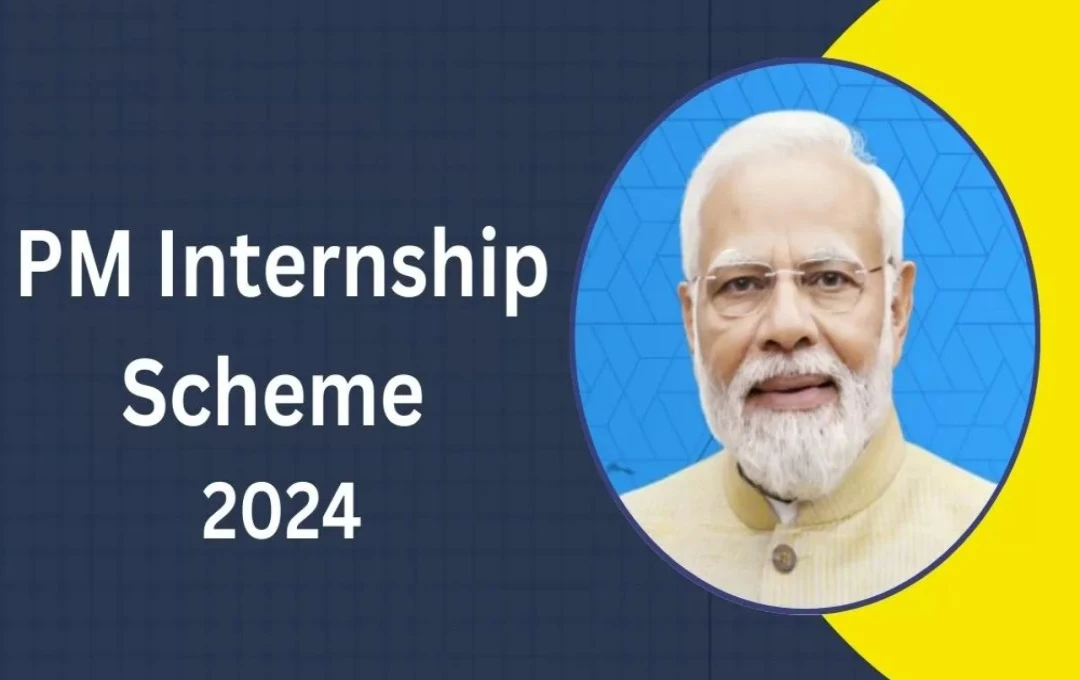The Delhi government may announce its new EV Policy 2.0 today to promote electric vehicles in the capital. The policy aims to control pollution and increase the adoption of electric vehicles. Led by Chief Minister Rekha Gupta, the policy is expected to offer more attractive subsidies and stricter regulations than its predecessor.
Under the new policy, the first 10,000 women may receive a subsidy of up to ₹36,000 on the purchase of electric two-wheelers, at a rate of ₹12,000 per kilowatt-hour. Other consumers will receive a discount of up to ₹30,000 at a rate of ₹10,000 per kilowatt-hour. This subsidy will be available until 2030.
Major Shift Towards EVs and Stricter Regulations
Sources suggest that the sale of petrol and CNG-powered two-wheelers may be completely banned in Delhi after August 15, 2026. Prior to that, from August 15, 2025, new registrations of petrol, diesel, and CNG three-wheelers will also be stopped. Additionally, it will be mandatory to convert CNG autos older than 10 years to electric vehicles.
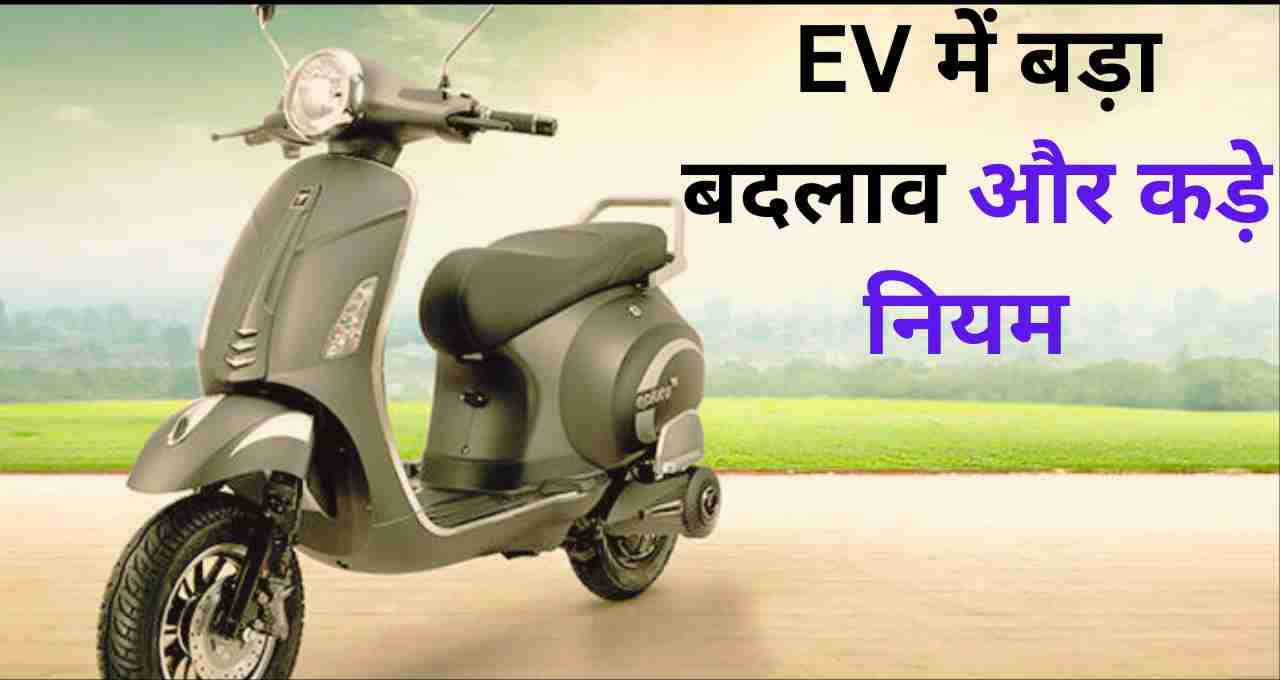
After the policy's implementation, if an individual already has two petrol or diesel cars registered in their name, the third car registered can only be electric. Government institutions like the Delhi Municipal Corporation, NDMC, and Jal Board will have to fully electrify their vehicle fleets by December 2027.
Expansion of Charging Infrastructure
Addressing a major concern regarding EVs – charging – the government plans to significantly expand charging stations. Currently, Delhi has 1,919 electric charging stations, 2,452 charging points, and 232 battery swapping centers. The new policy will establish 13,200 public charging points to ensure charging facilities within every 5 kilometers.
Substantial Subsidies on Vehicles
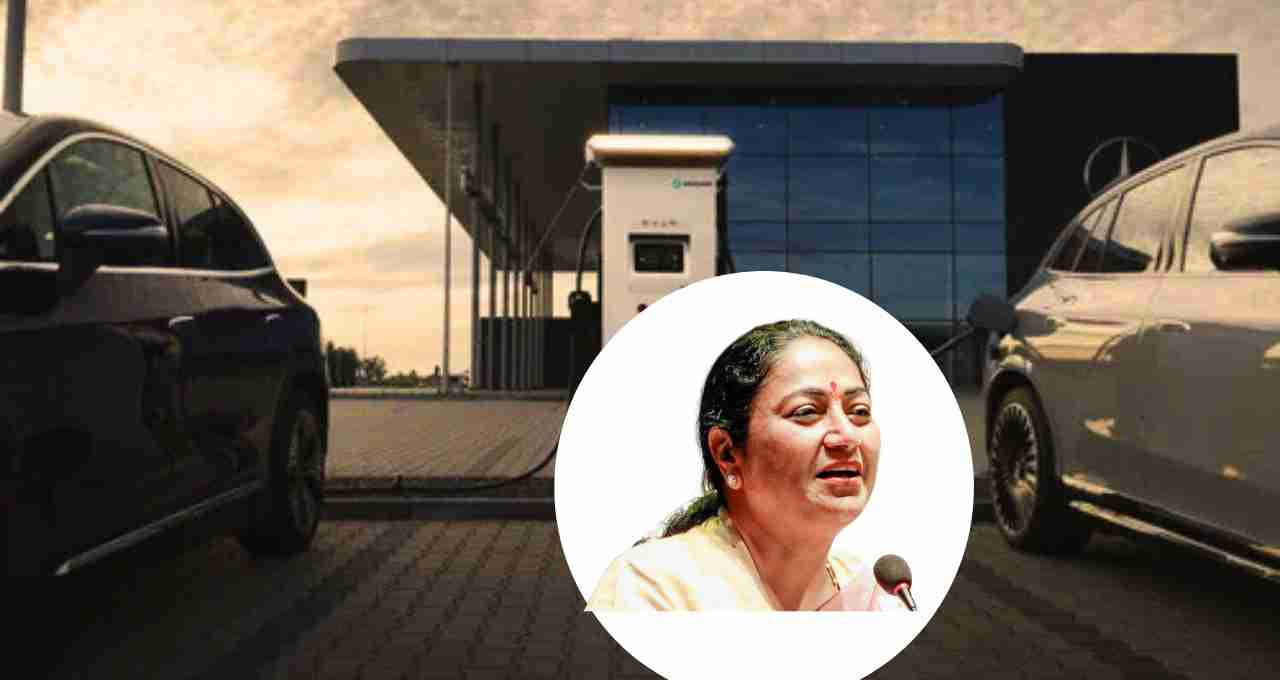
While women will receive a subsidy of up to ₹36,000 on electric two-wheelers, men and other citizens may receive up to ₹30,000. Subsidies will range from ₹10,000 to ₹45,000 for electric auto-rickshaws, up to ₹75,000 for commercial EVs, and up to ₹1.5 lakh for electric cars costing up to ₹20 lakh.
Through EV Policy 2.0, the Delhi government has clearly indicated its intention to leverage technology and innovation in the fight against pollution. If implemented effectively, this policy could be a major step towards making Delhi India's first fully electric city.
What will Delhi gain from EV 2.0?
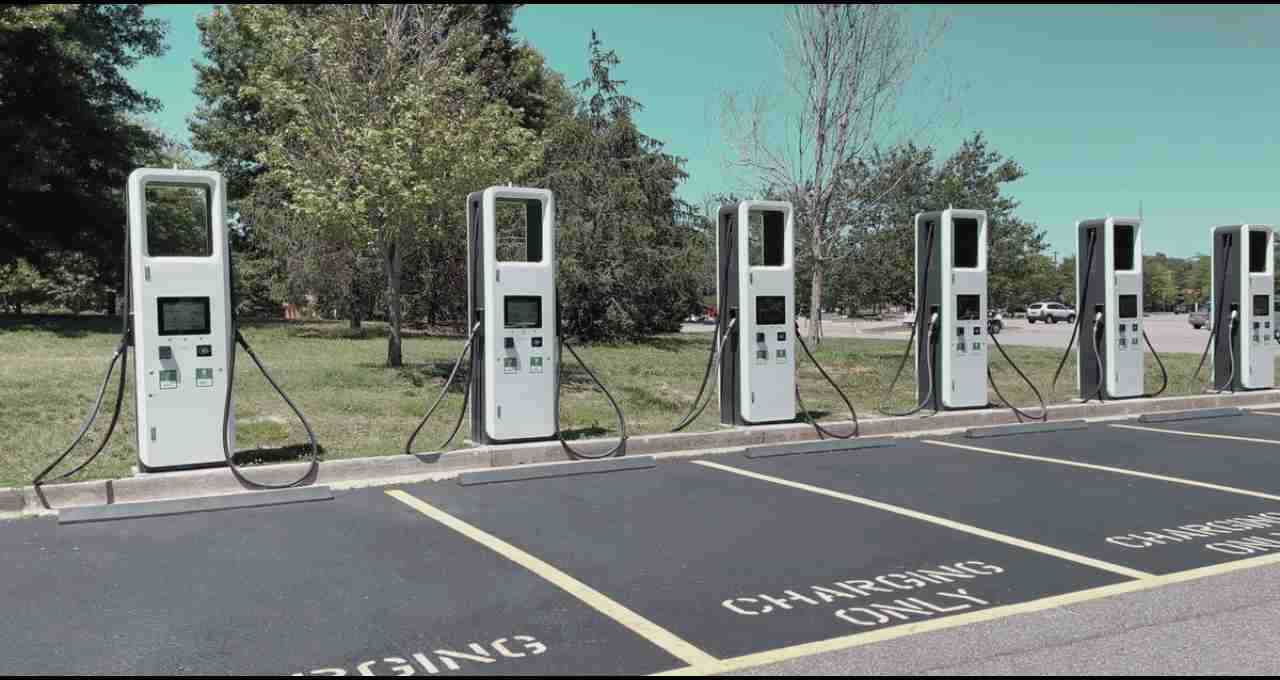
Delhi's new EV Policy 2.0 will not only encourage people to buy electric vehicles but also prove highly beneficial for the environment. Key benefits of the policy:
• Reduction in the number of petrol and diesel vehicles on Delhi's roads.
• Significant reduction in pollution.
• Financial assistance to women and citizens in purchasing electric vehicles.
• Increased convenience for EV users due to the expansion of charging infrastructure.
• Significant change from government departments adopting EVs.
This policy will provide Delhi's citizens with affordable and clean transportation options, while also significantly assisting the government in achieving its environmental protection goals. If other states undertake similar initiatives, it could strengthen the electric vehicle revolution in India.
